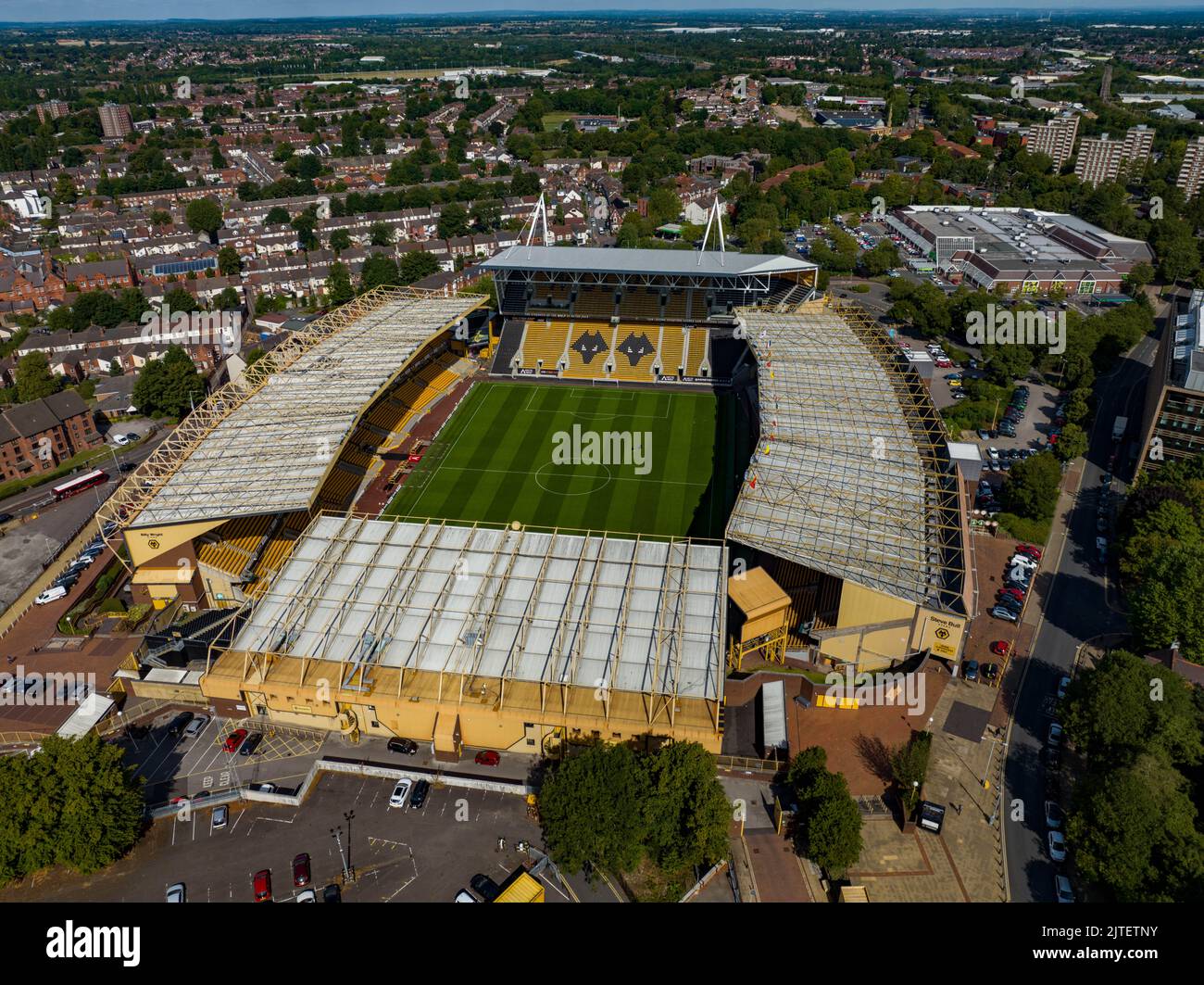
Introduction
Luxembourg, a small yet influential country in Western Europe, has increasingly gained recognition as a vital financial hub on the continent. Known for its high standard of living, robust economy, and rich cultural heritage, Luxembourg plays a pivotal role in the European Union and the global economy. Understanding its significance is essential for anyone looking to grasp the dynamics of European finance and politics.
Financial Landscape
Luxembourg’s financial sector is one of its most prominent features, with banking, investment funds, and insurance services forming the backbone of its economy. With over 150 banks operating within its borders, including several major international institutions, Luxembourg is often referred to as “the beating heart of European finance.” In recent years, the country has positioned itself as a leader in sustainable finance, with initiatives aimed at attracting green investments. This shift is not just beneficial for the environment but is also significant for an economy that prides itself on innovation and adaptability.
Political Stability and EU Membership
The country’s political stability adds to its appeal as a financial center. As one of the founders of the European Union, Luxembourg continues to play an important role in EU governance. Its strategic location allows for easy access to numerous European markets, making it an attractive site for international businesses seeking to establish a foothold in Europe. Notably, Luxembourg City, the capital, is also home to several EU institutions, further solidifying the country’s political significance.
Cultural Heritage
Beyond its financial prowess, Luxembourg boasts a vibrant cultural scene that reflects its unique blend of French and German influences. The country is known for its picturesque castles, historic towns, and lively festivals. Noteworthy events such as the Luxembourg City Film Festival and the Schueberfouer fair draw visitors from across the globe, showcasing the nation’s rich cultural tapestry. Furthermore, the Grand Ducal Palace and the Bock Casemates stand as testaments to the country’s historical importance and architectural beauty.
Conclusion
As Luxembourg continues to evolve, its significance in global finance and culture remains steadfast. With the shift towards sustainable finance and a strong commitment to European unity, Luxemburg not only enhances its status as a financial powerhouse but also enriches the cultural fabric of the region. For those keen on understanding the intricacies of European finance and the blend of culture within a modern European state, Luxembourg offers invaluable insights and opportunities.
You may also like

Discovering the Beauty and Culture of Norway

Exploring Monmouth: History, Attractions and Community

Exploring Wolverhampton: A Gateway to Culture and History
SEARCH
LAST NEWS
- Remembering Wendy Richard: The Promise to Co-Star Natalie Cassidy
- How Did Anglian Water Achieve an ‘Essentials’ Rating for Mental Health Accessibility?
- Shai Hope Leads West Indies in T20 World Cup Clash Against South Africa
- What We Know About Weston McKennie: Future at Juventus and Past at Leeds
- What We Know About the Upcoming Live Nation Antitrust Trial